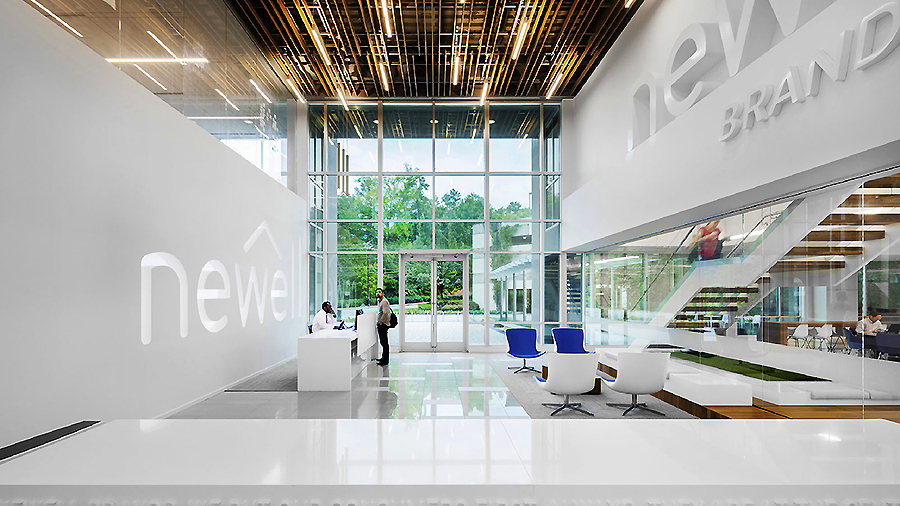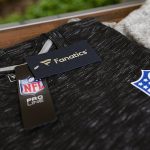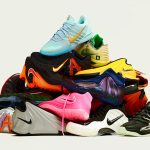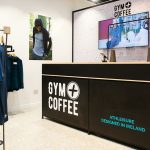S&P Global Ratings lowered its debt ratings on Newell Brands Inc. as the company’s earnings and cash flow guidance for fiscal year 2023 has come in significantly weaker than previous expectations because of weak macroeconomic conditions and continued inflationary pressures.
The rating action reflects the deterioration in the company’s credit metrics and uncertainty of when they will be restored toward its target levels. S&P now expects leverage to remain well over 4.5x through fiscal 2023.
Newell Brands’ portfolio includes Rubbermaid, FoodSaver, Calphalon, Sistema, Sharpie, Paper Mate, Dymo, EXPO, Elmer’s, Yankee Candle, Graco, NUK, Rubbermaid Commercial Products, Spontex, Coleman, Campingaz, Contigo, Oster, Sunbeam and Mr. Coffee.
S&P lowered its long-term issuer credit rating on Newell Brands to ‘BB+’ from ‘BBB-‘ and its commercial paper rating to ‘B’ from ‘A-3’. At the same time, it lowered its issue-level rating on the company’s unsecured notes to ‘BB+’ from ‘BBB-‘ and assigned a ‘3’ recovery rating, which indicates an expectation that lenders would receive meaningful recovery (30 percent to 50 percent; rounded estimate: 55 percent) of principal in the event of a default.
The negative outlook reflects the possibility that we will lower the ratings on Newell over the next 12 months if leverage does not decline well below 4.5x.
S&P said in its analysis, “Newell has a publicly stated 2.5x net leverage financial policy target, but its capital allocation decisions, combined with weaker demand for its products from a challenging macroeconomic backdrop, have increased its debt over the last year. These dynamics raised leverage higher than our previous expectations and may potentially keep it elevated through 2024. We project leverage of about 4.8x for fiscal year 2023, slightly higher than its leverage of about 4.6x in fiscal 2022. These levels are above the mid-3x actual results and expectations that led to its prior upgrade to investment grade in early 2022.
“Newell made a $325 million share repurchase in fiscal 2022 under its $375 million repurchase authorization, which reduced its cash balance ahead of weaker expected macroeconomic conditions and consumer spending patterns. The company has also continued to pay its sizeable dividend of $400 million annually despite generating negative cash flow from operations of $584 million in 2022, primarily due to abnormal inventory and payables levels. Therefore, we believe the company is not committed to a financial policy that supports an investment-grade rating because it prioritized shareholder returns over debt reduction. Newell needed to issue $620 million of short-term debt during 2022 due to its capital allocation decisions, higher inventory levels and lower demand.
“Furthermore, we believe the company cannot materially reduce its current short-term debt balance in 2023 and 2024 because we project $200 million of discretionary cash flow generation (cash flow from operations less capital expenditure [capex] and dividends) in total over the two-year period. Newell also has about $200 million of 4% senior unsecured notes due in 2024 and $500 million of 4.875% senior unsecured notes due in 2025. We previously expected that the company could repay these smaller maturities and continue to permanently reduce its debt burden. However, given its limited discretionary cash flow generation, we now believe it will have to refinance these maturities or borrow to repay them, which will likely increase its debt levels and interest burden which could put pressure on its ability to meet its interest coverage covenant of 3.5x.
“Newell’s discretionary product portfolio will continue to experience volatility over economic cycles.
“We believe Newell’s recent volatile performance stems partly from the discretionary nature of its product portfolio. However, if weak demand for its brands persists outside of economic cycles and we expect its portfolio to be less resilient, we could reassess our view of the business. The company has a long history of restructuring charges. Nevertheless, prior to its recent earnings degradation, Newell streamlined its operations, renewed the market positioning of its core brands, improved its supplier and customer relationships, increased its operational efficiency, and expanded the synergies between its various divisions. We previously believed the cleaner portfolio would make it easier for management to better plan for demand, manage inventory, and reduce excess and obsolete inventory. However, in 2022, a combination of inflation, supply chain challenges, and inventory realignment at U.S. retailers kept management from making these improvements.
“Newell’s products benefitted from solid demand trends during the pandemic, improving its revenue by 12.8 percent in 2021, because consumers had extra money from government stimulus and spent less on services and travel. We expected this demand to continue because underlying wellness trends would lead consumers to continue buying products for outdoor and recreational activities, but that did not happen in 2022 and Newell’s revenue declined 11 percent. As inflation picked up in the U.S. in 2022, consumers spent less on discretionary products. In addition, since the pandemic pulled demand for Newell’s products forward, consumers did not need to buy replacements shortly thereafter, which we expect will continue in 2023 and lead its revenue to decline 9 percent. Its home and commercial solutions segment represents 55 percent of its portfolio and houses its discretionary home appliances and solutions businesses, which show signs of volatility amid weak macroeconomic conditions. The revenue from its home appliances and home solutions segments declined 20 percent and 11 percent in 2022, respectively. While the outdoor and recreation segment (14 percent of sales) benefits from positive long-term trends, the dynamics discussed above caused its revenue from this business to decline 11 percent in 2022. We consider the products in its learning and development segment (31 percent of 2022 sales), which comprises writing tools and its baby business, to be less discretionary than the rest of its product portfolio. This segment has the highest margin profile of any of its businesses. Supply chain challenges and weaker demand pressured the company’s portfolio, but it raised prices to help offset this, leading its revenue to decline 3 percent, mainly due to foreign exchange headwinds.
“Newell’s new CEO and CFO will focus on continued streamlining efforts, with potentially more divestitures to come.
“Chris Peterson, the former CFO since 2018, is now the CEO, while new joiner Mark Erceg, former experience in global finance at P&G and held other public and private CFO positions, is now the CFO. We view Mr. Peterson’s streamlining efforts such as added automation and reduced stock-keeping units (SKUs) to improve efficiency and increase profitability per SKU after Newell acquired Jarden in 2015 favorably. However, we believe the company is not finished reducing its complexity and leverage. Project Ovid transformed the company’s supply chain, however, this was not fully implemented in 2022. In 2022, the company could not adjust its supply chain as quickly as it needed to when demand trends shifted and retailers stopped taking inventory, which led to its high inventory overhang and negative free operating cash flow (FOCF).
“Long lead times out of Asia also contributed to Newell’s inability to adjust inventories. Because of this, we believe the company may incur costs to nearshore its manufacturing and to right-size the business, although none have been announced. It announced Project Phoenix in January 2023, which is a restructuring and cost-savings program that led to the formation of three operating segments and reduced staff. The program calls for $120 million to $150 million in costs to achieve about $250 million in annual savings, a good portion of which it will realize in 2023 but will be impaired by its weaker operating performance. Mr. Peterson stated that he will look to evolve the company’s strategy once he takes over and we believe this could lead to tuck-in acquisitions or divestments. However, we do not expect large-scale mergers and acquisitions (M&A) given the integration issues with the company’s 2015 acquisition of Jarden, which resulted in five divestitures and decreased its sales base to about $9 billion from $16 billion. At this time, it is unclear whether asset sale proceeds would enable Newell to materially reduce its leverage.”
Photo courtesy Newell Brands















